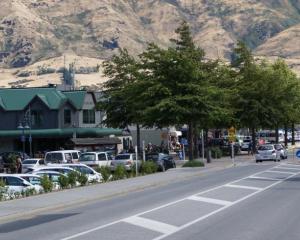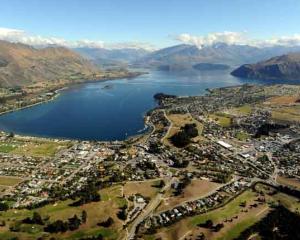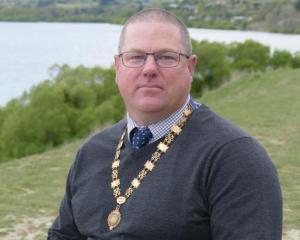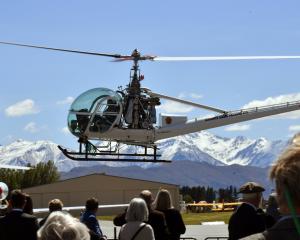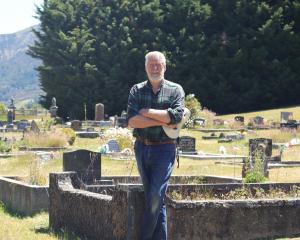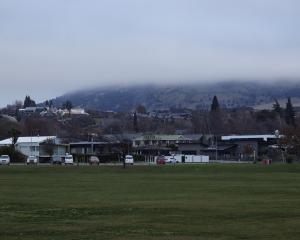
Third-generation farming daughters of one of New Zealand’s most talked-about sheep stations, Linette Dixon and Judith Shawe lived colourful lives away from the province before returning to Wānaka a decade ago.
They agree they did not do life like most women in the 1950s-1960s.
"I had no boundaries and made some bad choices, and I did things I wouldn’t do again," said Mrs Dixon, 82, the eldest of six Rowley siblings.
"Sometimes we learn the hard way."
In their early 20s, after leaving the farm, both sisters travelled the world.
Not following in the footsteps of their mother, they did not marry early, and instead were "late bloomers", marrying in their mid-30s.
"Here I was, I had no children. When I was 35, I was flatting in Christchurch and I thought to myself, ‘obviously I am never going to get married’," Mrs Dixon said.
However, not long after, she met her first husband Ron Brough, who she lived with in Hanmer Springs for over 23 years, until he died.
Similarly, Mrs Shawe reached her mid-30s before meeting her first husband, David Wearing, who she had two children with. They spent 17 years together before separating, which was a challenging time for her. She said it was one of the hardest times in her life.
"I gave myself a talking-to and thought I wouldn’t meet anyone; I had accepted I wouldn’t."
But she was married to her second husband, Ian Shawe, three years later. The pair, now ensconced at the Aspiring Lifestyle Village in Wānaka, have celebrated 25 years of marriage.
Mrs Dixon met her second husband, Duke Dixon, within a year of living at the same village.
Neither of the women expected they would return to the Upper Clutha, and neither thought they would see Lake Hāwea Station sold and go out of the family name in their lifetime.
In 2018, their younger brother Thomas Rowley sold the farm to 42 Below Vodka founders Geoff and Justine Ross, who had sold that business in 2006.
The new owners’ focus was on renewability, producing multi-species animal feed, native tree plantings and — perhaps the most eye-catching — sheep-shearing practices such as playing classical music for the sheep and laying down mattresses outside their shearing sheds for a softer landing for the animals.
All with the intention of contributing positively to the environment.
Under their stewardship, it has become New Zealand’s first carbon zero farm, but it has not come without its controversy.
Ms Ross released a book Meet You At the Main Divide in October 2023, outlining the Ross clan’s farming introduction. Some of the things written about in the book irked the Rowley family who felt it unfairly portrayed them and their farming style. There was also a public dispute over the lease and a water right.
At the time of the book’s release, Ms Ross said her family’s values and those of the former owners were very different but she hoped they would perhaps become more aligned in the future.
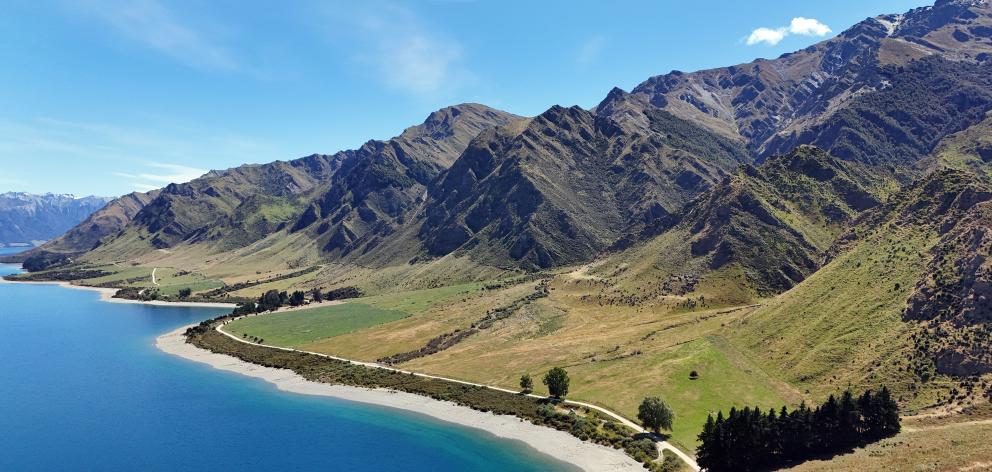
She wrote: "It looked like a Boeing 747 had crashed there in the ’70s and no-one had bothered to clean up." .
"Granted, we were clueless about farming — this place could have been an organised profit-making machine for all we knew — but our gut cried ‘Flee! Save yourselves!’."
The homestead in her book was dubbed "the Bain House", referring to the semi-derelict house in Dunedin where five members of the Bain family were slain in 1994.
"It was a horrendous analogy after what that family [Bains] went through," Mrs Dixon said.
Mrs Shawe said it was poor judgement to run down a rural family when entering the farming community.
"I read her book and I really wanted to give her the benefit of the doubt. There was a lot of stuff she didn’t need to have in there."
"They won’t have what we had," Mrs Dixon said.
The pair had mixed feelings about the station being sold, but no qualms about their brother taking over the farm and them never having a hand in the business.
"I would never have made a farmer’s wife. I loved being on the farm; I loved going out with Dad on the hills and helping in the yards," Mrs Dixon said.
"As kids we would walk everywhere with Dad and feeding out hay, and milking cows and separating milk."
They each said their parents Fiona and Jim were great farmers and well respected in the Lake Hāwea community. The farm had been with the family since 1910 through their grandparents Jack and Jessie.
"When they took it on, people thought they were mad. There were 28,000 acres, 4000 sheep and a lot of rabbits. It was very difficult farming there."
The pair were brought up like many rural women in the 1950s — they worked on inside jobs while the men did the farming and mustering.
"It was a very simple life, we had a couple of house cows, our pets, pigs and chooks. We would see everyone each day and we would all sit at the table and ate together.
"We were brought up by Mum, as Dad was doing the farm. They didn’t affirm us, but I think that generation was like that. You didn’t put yourself on a pedestal, you don’t sing your own praises."
Asked how they thought the farm was now being run, they said, cosmetically, it sounded good.




